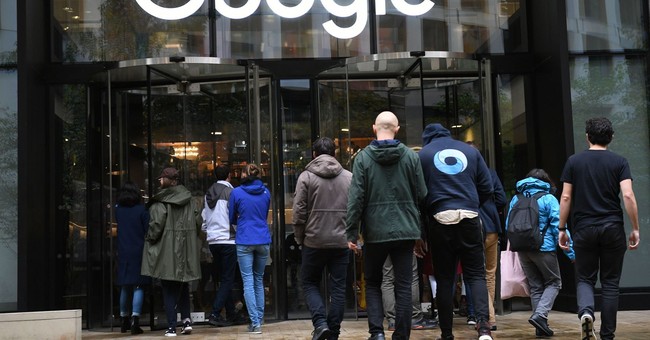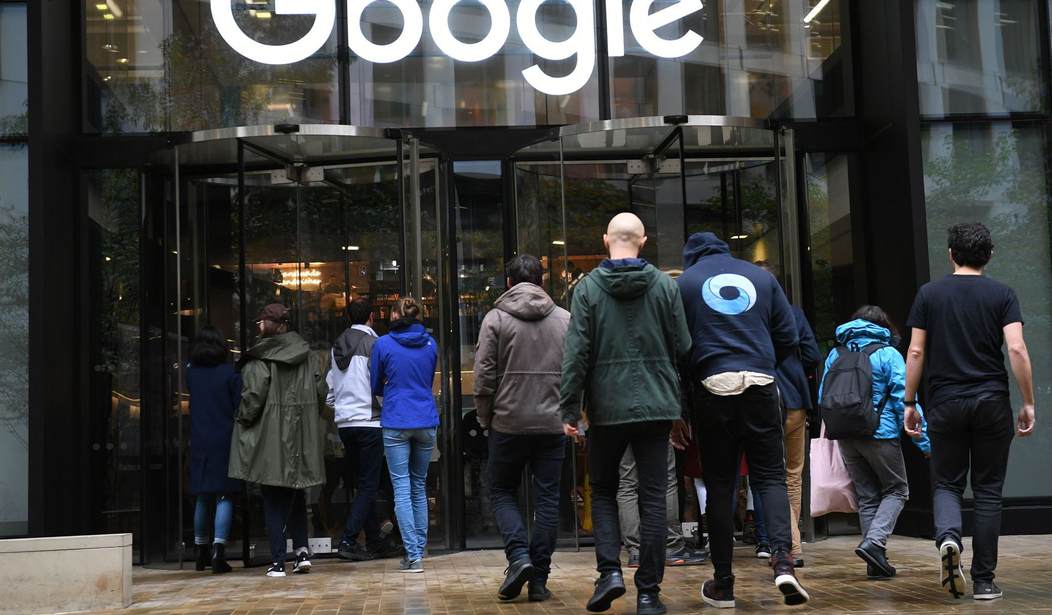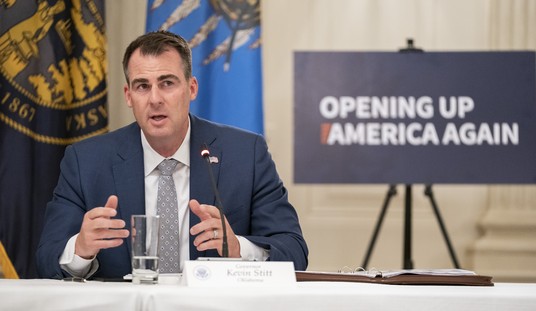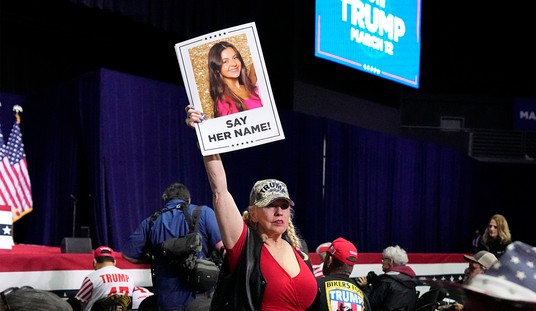
Like many on the right, I often became uneasy at the mention of government intervening in big tech companies. My free-market principles and sentimentalities that bordered on anarchic cringed at the idea of supporting government interference in private business.
Even then, my stance felt a bit on the unstable side. At first, I chalked it up to the idea that I was angry at the censorship being thrust upon people of my ideological bent, including myself. It really began coming to a head when they decided to censor President Donald Trump while allowing wild conspiracy theories and claims from the left to be spread and shared unabated.
Then on Wednesday, the bubble burst when Facebook and Twitter actively blocked the sharing of the New York Post article discussing Hunter Biden’s emails and then proceeded to suspend White House Press Secretary Kayleigh McEnany and Trump’s campaign account for sharing it. It was a jaw-dropping moment, and I said at the time that Twitter would never be able to come back from it. Senator Ted Cruz put it well when he said Twitter was effectively acting as Biden’s PR arm.
The responses to this move from Twitter were interesting. The outrage was there, to be sure, but it was also accompanied by lamentations that nothing was likely to happen to the company, and it would continue to censor and suspend in favor of the Democrat party with no consequence.
They only say that because they’re right. Up till now, the only consequences big tech companies have faced for their obvious election interference and biased censorship is stern looks and strongly-worded questions from our elected leaders.
Something had to be done but nothing was being done, because no one knew what to do. Republicans and those on the right typically operate by principles, and principles were stopping us.
My mind was changed thanks to Tucker Carlson, who spoke about this during an interview back in 2018, in a video that has resurfaced and has been making the rounds around conservative Twitter.
(READ: Tucker Carlson Perfectly Explained Why Tech Companies Should be Broken Up Back In 2018)
Carlson made two, very excellent points. For one, these are hardly American companies, as they’re owned by sovereign wealth funds in countries that are far from friendly with America. Secondly, and most importantly, these tech companies have become giants by effectively forming monopolies, and monopolies are against the free market principles conservatives espouse.
Looking into it, National Review made this case earlier this month by citing a report from the House Judiciary Committee:
The panel’s report details Amazon’s hold on the market for online shopping and found that the online retail giant has monopoly power over many small- and medium-sized businesses, pointing to acquisitions of several competitors as well as the collection of customer data as a main source of the company’s growth.
It focused on the company’s position as both the operator of the online marketplace and a seller in the marketplace with its private-label products as an “inherent conflict of interest” that incentivizes Amazon to improperly make use of its access to third-party seller data.
The report also claims that Apple uses its app store to favor its own products over those of competitors and charged that Facebook’s social media acquisitions had maintained the company’s monopoly power.
The report focuses on Facebook’s acquisition of Instagram and included emails from 2012 in which senior employees, including CEO Mark Zuckerberg, reference the acquisition as a way to squash competition. An internal memo from October 2018 detailed in the report also said that Facebook’s main source of competition was from its own products rather than externally, including Instagram, WhatsApp and Messenger.
Finally, the report accused Google of having a monopoly in online search and advertising, created by acquiring DoubleClick and AdMob and exerting its dominance to hurt vertical search competitors.
This isn’t just a set of large companies — it’s a set of big tech companies that have grown by leaps and bounds by buying up any competitors before they can pose a threat, and abusing the American people by vacuuming up personal data, in order to further know how to manipulate them into buying their products over other competitors, whom they host on their platforms.
But then, there’s also the abuse of Section 230, protection that Trump openly said he’d take away, should big tech continue to censor conservatives.
If Big Tech persists, in coordination with the mainstream media, we must immediately strip them of their Section 230 protections. When government granted these protections, they created a monster!pic.twitter.com/velyvYTOR0
— Donald J. Trump (@realDonaldTrump) October 15, 2020
Section 230 began as a way to help grow the internet. It was passed in 1996 to allow internet companies to host content that they didn’t really have to take responsibility for, and that deletion of content would only happen if it violated terms of service and was done in “good faith.”
This rule has been abused by big tech companies as a way to censor news and opinion that would be considered inconvenient to the Democrat party or leftist groups. They often throw around buzzwords such as “unverified” or, in some cases, all an outlet like the Washington Post had to do was say it’s not true and the tech companies would fall in line.
Interestingly enough, the Washington Post is owned by Jeff Bezos, CEO and founder of Amazon, a big tech company being accused of having a monopoly.
Big tech is using Section 230 as an umbrella to protect themselves, but there are a few things we need to understand.
In the grand scheme of things, this level of technology humanity is dealing with is still brand-spanking new. While tech has grown by leaps and bounds since the ’80s, we’re still in our infancy in understanding how to deal with it. Back in 1996, we were still taking our first, legislative breaths around it.
These protections can still exist for companies, but they need to modify and perfect legislation in order to inhibit biased corruption. Love it or hate it, the internet is our primary news source now. It’s where we do our shopping and learn skills. Our modern life is inherently hooked into the wall now.
The last thing we need is a group of biased people deciding what is and isn’t right, or what we can and can’t see. There needs to be a guarantee of freedom and free-markets whenever we switch on our computers or pick up our phones. I’m afraid that the only way to do that is to do as Tucker Carlson said in his interview.
We need to break them up and put some people on trial…then proceed to overhaul our internet laws.














